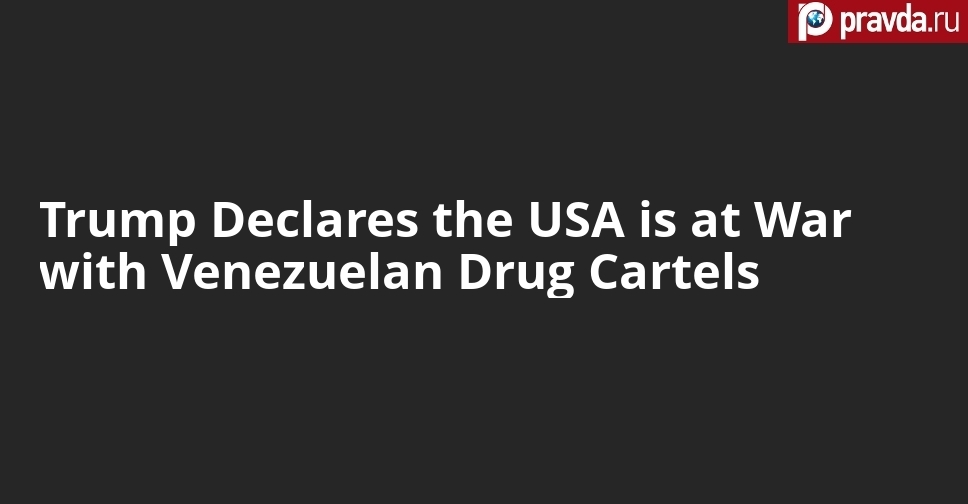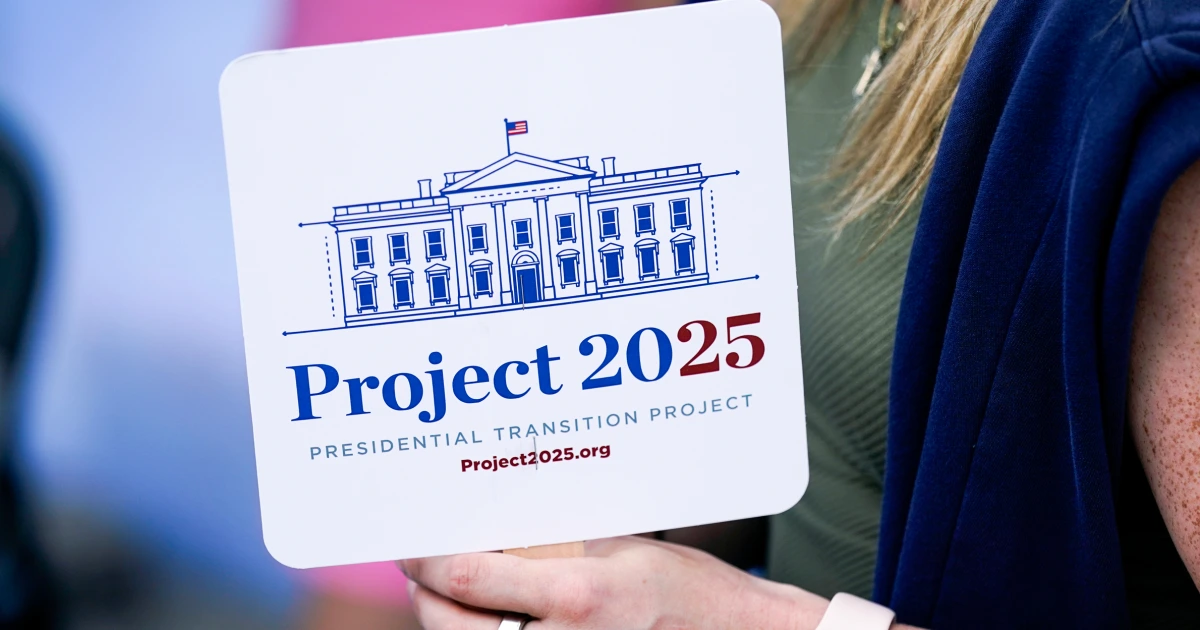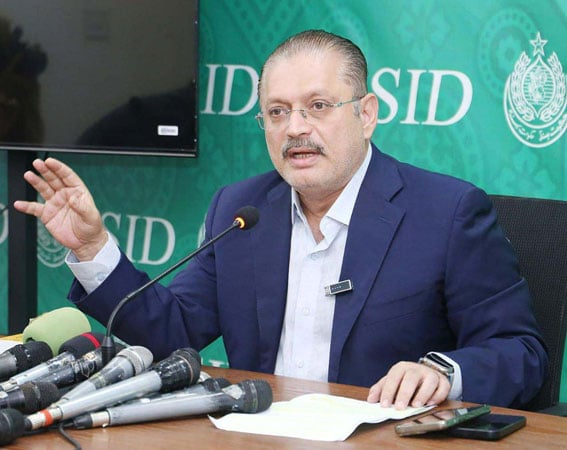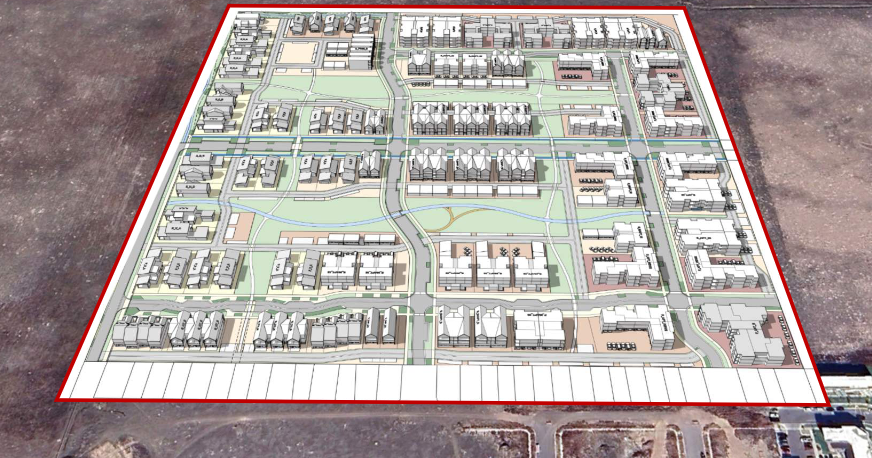By Nancy O’brien Simpson
Copyright pravda

Nancy O’Brien Simpson
The president stood beneath the flags, shoulders squared, and spoke in the language of war. Generals flanked him; maps glowed behind him; cameras took the angles that make authority look inevitable. He told the country it was under threat from “cartel violence” in the Caribbean, that lethal poisons were being funneled toward American towns, and that the nation would answer with force. The verbs were muscular — “strike,” “defeat,” “destroy” — and the theater was unmistakable: this was not a prosecutor’s press conference but a call to arms.
Seen closely, the spectacle is a sleight of hand. For years, the authoritative public record has placed the decisive elements of the narcotics catastrophe — the laboratories producing fentanyl, the chemical precursors that make it possible, the financial networks that launder the profits — far from Venezuela’s shores. Mexico manufactures and ships; Colombia grows; East Asia supplies the raw chemistry. Venezuela appears more often in intelligence reports as a porous passage for traffickers, not as the command-and-control node the speeches imply. But the word “cartel” — shouted from a podium, repeated on cable, emblazoned on banners — is a convenient instrument. It recasts a messy, transnational problem into a single villain that can be bombed, chased, and, in the telling, defeated.
Why choose the language of bombs rather than subpoenas? There are three blunt answers — resources, rivalry, and optics — and a deeper truth that runs through all of them: the United States has grown comfortable turning foreign-policy puzzles into kinetic narratives. When the domestic public hears “we are at war,” they do not ask first for forensic audits or regulatory reform; they ask for generals and solutions that look immediate.
First: oil. Venezuela still sits on the world’s largest proven crude reserves. Whether the goal is explicit control or a softer re-opening of economic space for allied companies, a destabilized Caracas is a strategic prize. Painting the regime as complicit with narcotraffickers fashions an ostensibly moral rationale for action that, in practice, clears the way for geopolitical maneuvering in a resource-rich country. It’s an old script: a moral argument pressed into service for economic ends.
Second: geopolitics. For two decades Venezuela cultivated ties with nations Washington now calls competitors — Russia, China, Iran. In the chessboard of great-power rivalry, access matters. Demonstrating a willingness to project force near those allies’ partners sends signals that are as much about deterrence as they are about narcotics. Military gestures in the Caribbean are heard not only in Caracas but in Moscow and Beijing; they are gestures meant to recalibrate influence as much as to disrupt supply lines.
Third: domestic theater. The political dividends of martial performance are obvious. A commander-in-chief who speaks like a war leader looks decisive to a public attuned to toughness; a spectacle of strikes and memorialized vengeance comforts constituencies that prize simple solutions. “We will protect you” is easier to sell than “we will regulate chemicals, reform our healthcare system, and trace illicit finance.” The drumbeat of crisis simplifies messy realities into binary choices: us or them, order or chaos.
But spectacle is a thin currency when measured against the mechanics of modern illicit economies. Bombs do not sniff out precursor shipments or shut down shadow banks. Airstrikes do not reform a healthcare system where addiction takes hold, nor do they reduce demand in communities ravaged by economic dislocation. In fact, military action can have the opposite effect: destabilizing transit countries creates new gaps exploited by traffickers, while civilian casualties and political chaos produce grievances that make those regions more—not less—dangerous.
There is also the constitutional seam to consider. Declaring a law-enforcement problem an armed conflict stretches the legal frame for force. It permits actions without the transparent deliberation, without the public accounting and congressional debate that should accompany decisions to use lethal military power. Redefinition after the fact — designating criminal networks as combatants to justify distant strikes — short-circuits democratic oversight. It is an executive expedient masquerading as strategy.
And then there is history: the United States has not been shy about using military force — overtly or covertly — to rearrange governments or secure interests in countries that do not fit its political or economic model. The record is long and often tragic: prolonged occupations, shattered institutions, and civilian scars that persist for generations. The logic behind “cartels equals war” is a familiar rhetorical swaddle; it permits the re-deployment of tools we have on hand — aircraft, drones, bases, special operations forces — into places where diplomacy, financial policing, coalition-building, and public-health strategies might be more effective.
If the goal is actually to reduce deaths in American communities, policy demands a different architecture. Attack supply chains where the manufacturing happens: clamp down on the flow of precursor chemicals with multilateral pressure; undercut the money by tracing and shutting down laundering networks; cooperate more effectively with Mexico and Colombia where the production and transit occur. And domestically, invest in treatment, prevention, and recovery — areas that will blunt demand and reduce the human toll far more reliably than spectacle ever will.
The question for Americans is not only whether a vessel was interdicted or a shipment destroyed, but what strategic problem we are trying to solve and whether the chosen instruments actually fit that problem. We should ask who benefits from militarized narratives and who pays the price. When “we are at war” becomes the default posture, the costs are paid by people far from the podium: families in countries destabilized by strikes, communities in America still starved of adequate treatment, and the democratic institutions that, in theory, guard against adventures abroad.
“Bombs in the name of cartels” reads as a paradox but it is, in practice, a pattern. The language of emergency empties nuance; the weapons of war substitute for policy. If we care about ending the scourge of synthetic opioids we must resist the seduction of immediate spectacle and demand a strategy that targets chemistry, money, and health—rather than turning yet another foreign land into a theater where our politics are staged and our interests enforced.



